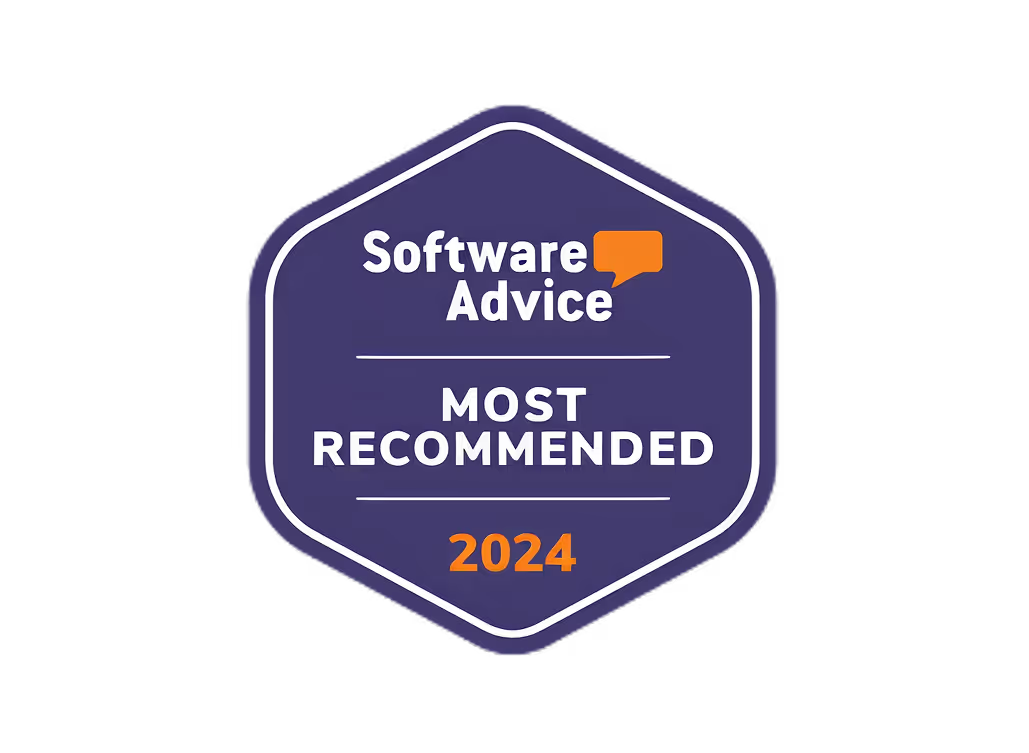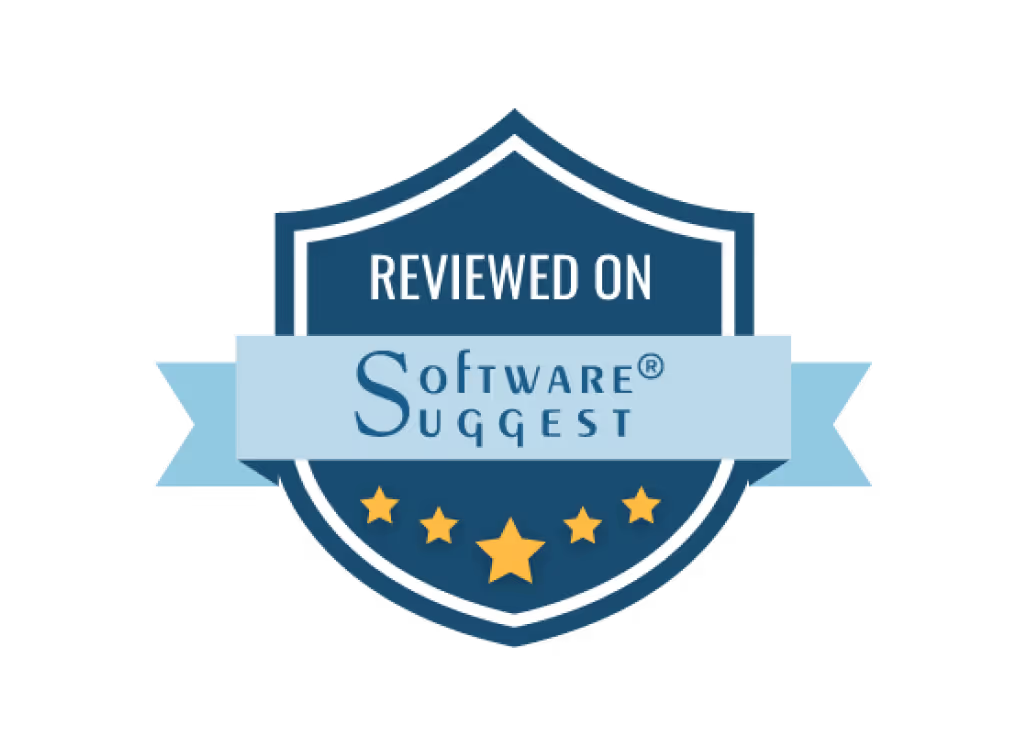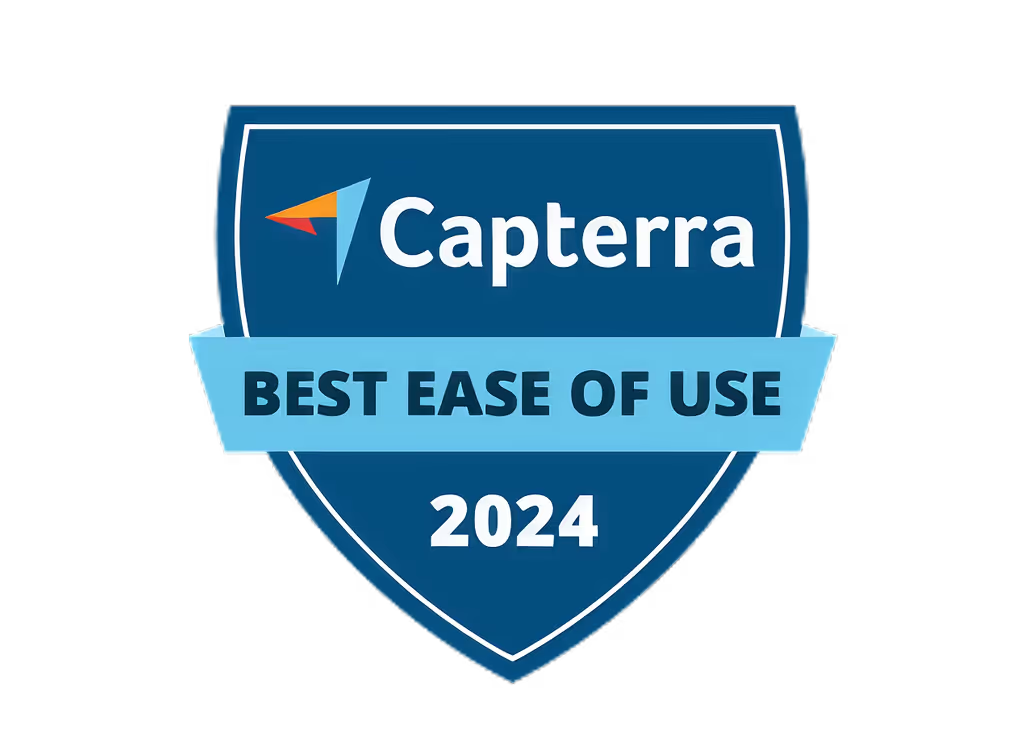Boost Your Sales with Expert Ecommerce PPC Services

Running an online store can feel like a constant hustle. You've got products, a website, and you want people to actually buy things. That's where paid ads come in, specifically pay-per-click, or PPC. It's a way to get your products seen right away. But doing it well, especially for ecommerce, takes some know-how. This is where good ecommerce PPC services can really make a difference for your business.
Key Takeaways
Expert ecommerce PPC services help online stores get their products in front of the right shoppers at the right time, using smart targeting and data.
These services include things like finding the best keywords, writing ads, and making sure your website pages are set up well for ads.
Agencies experienced in ecommerce PPC know how to run ads on places like Google, Meta (Facebook/Instagram), and Amazon to get more sales.
When picking an agency for your ecommerce PPC services, look for ones with a history of success in online stores and a plan that fits your specific needs.
Using professional ecommerce PPC services means you get seen faster, can target exactly who you want to reach, and can track your return on investment clearly.
Unlock Sales Growth With Expert Ecommerce PPC Services

Drive Sales and Maximize ROI with Expert Ecommerce PPC Services
Getting your products in front of the right shoppers at the exact moment they're ready to buy is what paid advertising is all about. It's not just about showing ads; it's about showing the right ads to the right people. We build campaigns that do just that, focusing on bringing in customers who are actually looking to purchase.
Our main goal is to turn your ad spend into real sales and a healthy return on that investment. We look at all the numbers, from how many people click to how many actually buy, to make sure your money is working as hard as possible for you. It's a constant process of checking, tweaking, and improving.
Leveraging Advanced Targeting and Data-Driven Strategies
We don't guess when it comes to who sees your ads. We use detailed information to pinpoint your ideal customers. This means looking at things like:
Demographics: Age, location, gender, and income level.
Interests: What hobbies or topics your potential customers care about.
Online Behavior: What sites they visit, what they search for, and what they've bought before.
Past Interactions: If they've visited your site before or added items to their cart.
By understanding these details, we can create ad groups that speak directly to specific types of shoppers. This makes your ads more relevant and increases the chances they'll lead to a sale. We also constantly analyze campaign performance, looking at metrics like click-through rates, conversion rates, and cost per acquisition. This data helps us make smart decisions about where to put more budget and what adjustments are needed.
We believe that good advertising is built on solid information, not just creative ideas. The more we know about your customers and how they behave online, the better we can target them and the more effective your ads will be.
Tailored Approaches for Maximum Return on Investment
Every ecommerce business is different, and a one-size-fits-all approach just doesn't cut it. We take the time to understand your specific products, your brand, and your business goals. Are you trying to move old inventory? Launch a brand new product line? Or simply increase overall sales volume? Your objectives shape our strategy.
Here’s how we customize:
Platform Selection: We choose the best places to run your ads, whether that's Google Search, Google Shopping, Meta (Facebook/Instagram), Amazon, or other relevant channels. It depends on where your customers spend their time.
Ad Creative Development: We craft ad copy and visuals that grab attention and clearly communicate your product's value. This includes testing different versions to see what performs best.
Budget Allocation: We work with your budget, ensuring that every dollar spent is aimed at generating the most sales and profit possible.
Performance Monitoring: We keep a close eye on how your campaigns are doing, making adjustments to bids, keywords, and targeting as needed to keep things on track for your ROI goals.
Comprehensive Ecommerce PPC Management Strategies
What Is Included in Our Ecommerce PPC Services?
When you work with us, you get more than just ads running. We build out a full strategy to get your products seen by the right people. It’s about making sure every dollar you spend works hard for you. We don't just set things up and walk away; we're in it with you, constantly looking for ways to improve.
AI-Driven Keyword Research and Automated Content Creation
Finding the right words people type into search engines is key. We use smart tools, including AI, to dig deep and find keywords that are actually bringing in buyers, not just lookers. This means we can also use these insights to help create ad text that speaks directly to what shoppers are searching for. It’s about being relevant and timely.
On-Page SEO Optimization for Enhanced Visibility
While PPC gets you seen quickly, good on-page SEO helps keep you there and makes your ads work better. We look at your product pages to make sure they're set up right. This includes things like:
Making sure product titles and descriptions are clear and use relevant terms.
Optimizing images so they load fast and are easy for search engines to understand.
Ensuring your page structure is logical for both shoppers and search bots.
We focus on making your product pages as appealing and easy to use as possible. This helps not only with your ad performance but also with organic search results over time. It’s a two-pronged approach to getting found online.
Continuous Optimization and A/B Testing
Running ads isn't a 'set it and forget it' kind of deal. We constantly watch how your campaigns are doing. This means we're always testing different ad versions, headlines, and even landing page layouts to see what performs best. We look at metrics like click-through rates and conversion rates to make smart adjustments. It’s a process of small, regular improvements that add up to big results.
Platform Expertise for Your Ecommerce PPC Campaigns

Optimizing Campaigns Across Major Ecommerce Platforms
Running ads for an online store isn't a one-size-fits-all deal. Different platforms have their own quirks and best practices. We get that. We've spent time figuring out how to make ads work best on places like Shopify, WooCommerce, Magento, and BigCommerce. It's about making sure your ads fit right into the platform's setup, whether that's using Shopify's built-in tools or custom feeds for WooCommerce. The goal is always to get your products seen by the right shoppers.
Google Ads and Meta Ads Integration
Google Ads and Meta (Facebook/Instagram) Ads are usually the big players for ecommerce. We know how to connect these two effectively. For Google, we focus on search ads that catch people actively looking for what you sell, and shopping ads that show your products directly. With Meta, it's about using their detailed audience data to find people who might be interested, even if they aren't searching right now. Getting these two platforms to work together means you can reach customers at different stages of their buying journey. We look at things like:
Audience Overlap: Making sure your ads aren't just showing to the same people on both platforms, unless that's strategic.
Retargeting: Showing ads to people who visited your site but didn't buy, using data from both Google and Meta.
Creative Consistency: Keeping your brand message and look similar across both platforms.
Amazon and Flipkart Advertising Strategies
Selling on marketplaces like Amazon and Flipkart is a whole different ballgame. These platforms have their own ad systems designed to drive sales directly within their ecosystem. For Amazon, we focus on Sponsored Products and Sponsored Brands to get your items noticed in search results and on product pages. On Flipkart, it's similar – we aim to boost your product's visibility and sales. It's not just about placing ads; it's about understanding how shoppers search and buy on these specific sites. We also consider:
Keyword Strategy: What terms are shoppers actually typing into Amazon or Flipkart?
Product Listing Optimization: Making sure your product titles, descriptions, and images are ready for ads.
Competitive Landscape: Seeing what other sellers are doing and how to stand out.
Running ads on these major platforms requires a specific touch. It's not just about setting up a campaign and walking away. You need to understand the user behavior on each site and tailor your approach accordingly. What works on Google might fall flat on Amazon, and vice versa. That's where our platform-specific knowledge comes in handy.
Choosing the Right Ecommerce PPC Agency
So, you've decided to get serious about your online sales and are looking into PPC services. That's a smart move. But with so many agencies out there, how do you pick the one that's actually going to help your business grow, not just take your money? It can feel a bit overwhelming, like trying to find a needle in a haystack, but there are definitely ways to narrow it down.
Key Criteria for Selecting a PPC Partner
When you're looking for an agency to handle your ad spend, you want to be sure they're a good fit. Think about what's most important for your business. Do you need someone who's been around the block a few times, or are you open to newer talent? What kind of communication style works best for you? These are the kinds of questions that help.
Here are a few things to keep in mind:
Transparency: This is a big one. You should always know where your money is going and what results you're getting. A good agency won't hide behind confusing reports or vague promises. They'll show you the numbers – clicks, conversions, return on ad spend (ROAS), and how they're working to improve them.
Communication: How often will you hear from them? Will you have a dedicated person to talk to, or will you be passed around? Having a clear point of contact makes things so much smoother.
Reporting: What kind of reports will you get, and how often? They should be easy to understand and show you the real impact on your sales.
Experience and Proven Success in Ecommerce
Not all PPC agencies are created equal, and even fewer have a real knack for ecommerce. Selling products online has its own unique challenges and opportunities. You want an agency that understands this. Have they worked with businesses like yours before? Can they show you examples of how they've helped other ecommerce stores increase their sales and get a better return on their ad investment?
Look for:
Case Studies: Real-world examples of their work, especially in your industry or with similar products.
Client Testimonials: What are their past clients saying about their results and their service?
Platform Specialization: Do they know their way around Google Ads, Meta Ads, and especially marketplaces like Amazon if that's where you sell?
Tailored Approaches for Maximum Return on Investment
This is where you really separate the good from the great. A cookie-cutter approach just doesn't cut it in ecommerce PPC. Your business is unique, your products are unique, and your customers are unique. The agency you choose should recognize that and build a strategy specifically for you.
A truly effective PPC strategy isn't just about running ads; it's about understanding your business goals, your target audience, and how to connect them through targeted advertising. This means looking beyond just clicks and focusing on the metrics that actually drive revenue and profit for your store.
They should be asking you a lot of questions about your business, your goals, and your customers. Then, they should use that information to create a plan that's designed to get you the best possible results, not just a generic campaign. This often involves a mix of different ad types, targeting methods, and continuous testing to find what works best for your specific situation.
The Benefits of Professional Ecommerce PPC Services
When you're running an online store, getting noticed can feel like shouting into the void sometimes. That's where professional ecommerce PPC services really shine. They put your products directly in front of people who are actively looking to buy them, right when they're ready to make a purchase. It’s like having a super-powered salesperson who knows exactly who to talk to and what to say.
Instant Visibility and Targeted Traffic
Think about it: you launch a new product, and you want people to see it now, not in six months. PPC ads can give you that immediate presence. Instead of waiting for search engines to rank you organically, you can appear at the top of search results or in prominent ad spots. This isn't just about being seen; it's about being seen by the right people. PPC allows for incredibly specific targeting. You can zero in on demographics, interests, locations, and even past behaviors. This means the traffic you get is much more likely to convert into actual sales. It’s about quality over quantity, making sure your ad spend is going towards potential customers.
Precise Audience Targeting and Flexible Budgeting
One of the coolest things about PPC is how granular you can get with who sees your ads. You can target people based on what they've searched for, what websites they've visited, or even what they've bought before. This level of precision means less wasted ad money. Plus, PPC is super flexible when it comes to your budget. You can set daily or campaign limits, so you're always in control of your spending. Whether you have a small budget to test the waters or a large one to scale aggressively, PPC can adapt. You can start small, see what works, and then gradually increase your investment. It’s a really adaptable way to get your products out there.
Measurable ROI and Scalable Campaign Growth
This is probably the biggest win. With PPC, you can track almost everything. You know exactly how much you're spending, how many clicks you're getting, and, most importantly, how many sales those clicks are generating. This makes calculating your Return on Investment (ROI) straightforward. You can see what's working and what's not, allowing for constant tweaks and improvements. As your campaigns prove successful, they can be scaled up. This means increasing your budget, expanding your targeting, or testing new ad platforms to reach even more customers. It’s a system built for growth, allowing your business to expand without outgrowing your advertising strategy. Hiring a PPC agency can help you navigate these complexities efficiently.
Data-Driven Strategies for Peak Ecommerce PPC Performance
Continuous Optimization and A/B Testing
Running PPC campaigns isn't a 'set it and forget it' kind of deal. To really get the most out of your ad spend, you've got to be constantly tweaking things. This means looking at what's working and what's not, and then making changes based on that information. A/B testing is a big part of this. It's basically testing two versions of something – like an ad or a landing page – against each other to see which one performs better. You might test different headlines, images, or calls to action. The goal is to find the combination that gets more clicks, more conversions, or a better return on your investment. It’s about making small, informed changes that add up over time to big improvements.
Transparent Processes and Regular Reporting
We believe you should always know what's going on with your ad campaigns. That's why we're big on transparency. You'll get regular reports that break down exactly how your campaigns are performing. We'll show you the key numbers, like how many people saw your ads, how many clicked, how many bought something, and how much it all cost. We want you to see the direct impact our work is having on your sales and your bottom line. No confusing jargon, just clear, straightforward information so you can see the results for yourself.
Dedicated Account Management for Individual Service
When you work with us, you don't just get a generic service; you get a dedicated point of contact. This means there's someone specifically looking after your account, understanding your business goals, and working to achieve them. They'll be your go-to person for any questions or updates. This focused approach helps build a strong working relationship and ensures that your campaigns are always aligned with what you want to accomplish. It’s about having a partner who’s invested in your success.
The digital advertising world changes fast. What worked last month might not work today. That's why staying on top of trends and being ready to adapt is so important. We keep an eye on new features, platform updates, and shifts in consumer behavior so your campaigns are always performing at their best. It’s a continuous cycle of learning and improving.
Here's a look at some common metrics we track:
Click-Through Rate (CTR): The percentage of people who saw your ad and clicked on it.
Conversion Rate (CVR): The percentage of clicks that resulted in a desired action, like a purchase.
Cost Per Acquisition (CPA): How much it costs, on average, to get one customer.
Return on Ad Spend (ROAS): The revenue generated for every dollar spent on advertising.
Wrapping It Up
So, we've talked about how important it is to get your products in front of the right people online. Using expert PPC services for your ecommerce store isn't just about running ads; it's about smart targeting, watching your spending, and making sure every dollar works hard for you. It can seem like a lot, but getting help from people who know what they're doing can really make a difference in bringing in more customers and boosting your sales. Don't let your competitors get all the attention – it might be time to consider a professional touch for your ad campaigns.
Frequently Asked Questions
What exactly are ecommerce PPC services?
Ecommerce PPC, which stands for Pay-Per-Click, is a way to advertise online stores. Think of it like placing ads on websites like Google, Facebook, or Amazon. You only pay when someone actually clicks on your ad, which helps bring shoppers directly to your products.
How much do these services cost?
The cost can change based on how much money you decide to spend on ads and the fees the company you hire charges. It's flexible, so you can set a budget that works for you.
What does an ecommerce PPC agency do to help sell more?
An agency creates ads that are shown to the right people. They watch your ads closely, make smart changes, and try to get more people to buy your stuff. This means your advertising money is used wisely to bring in sales.
What kind of ads do you make?
We can create different kinds of ads, like ads that show up when people search for things, ads that show your products like a catalog, and ads that appear on social media sites.
Should I hire an agency or do PPC myself?
Hiring an agency is often better because they have experts who know all the tricks. They keep up with the latest changes on ad platforms and have special tools. This lets you focus on running your business while they handle the ads.
How do I pick the best agency for my business?
Look for an agency that has successfully helped other online stores like yours. Check if they are open about how they spend your money and what results they get. Also, make sure they create a plan just for you and your business goals.

















